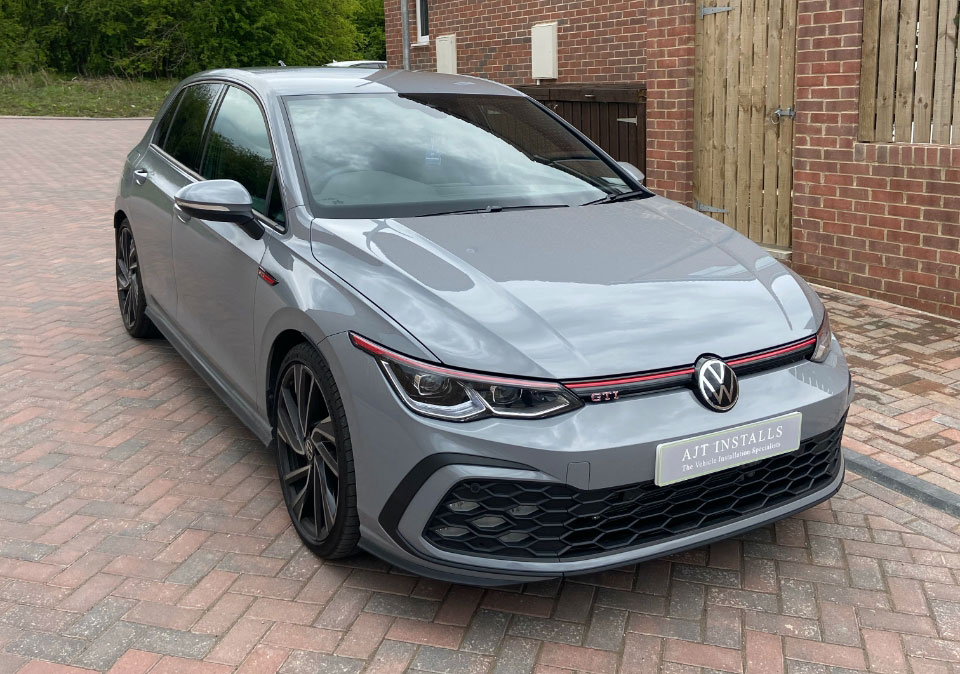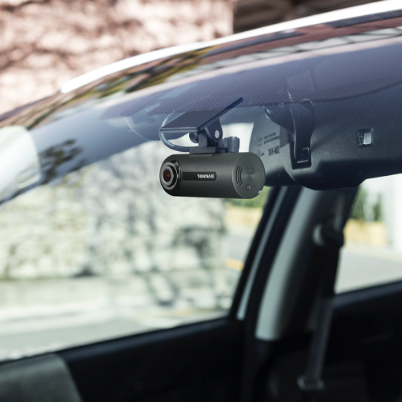
What is car theft by key cloning?
Although keyless entry is convenient for drivers, it does not provide any protection from car thieves. With all vehicle thefts on the increase, this method targets newer cars with keyless entry.
In this blog, we will explain how car theft by key cloning works and highlight some measures you can take to protect your car from this type of vehicle theft.
How does it work?
Also known as relay theft, car theft by key cloning involves the purchase of a relay amplifier and relay transmitter by the thieves. Far from being a specialised technique, relay devices are readily available to buy online. The thieves walk around a neighbourhood in pairs, specifically targeting houses with desirable or expensive cars parked outside them. They use their relay gadgets to detect which vehicles have a keyless entry system.
When the target vehicle has been chosen, the thief with the transmitter stands by the car, while his accomplice walks around the exterior of the house with the amplifier. If the keys are within range, the amplifier picks up the electronic signal, boosts it and sends it to the transmitter, effectively key fob cloning. Once the transmitter has the signal, it acts in exactly the same way as the key, so the thieves can open the car and drive it away. This whole process is very quick and quiet and can take less than 60 seconds from target selection to vehicle theft.
How to protect your car from car theft by key cloning
There are lots of actions you can take to protect yourself from this type of vehicle theft. Prevention is best. Protecting your car requires the same mindset as protecting your home. When you go out, you don’t just lock the front door, you make sure the windows are locked and the alarm system is switched on. It is exactly the same principle for your car, using different methods in unison – keys, locks and electronics.
1. Car keys
Firstly, think carefully about where you keep your car key at home. Is it on a table or hook in the hall? Or a coat pocket hanging by the front or back door? These may provide easy places for you to remember, but they are also easy places for amplifiers to pick up the signal transmitted by your key. Walls, windows and doors do not provide adequate blocking for the electronic signal, which some amplifiers may be able to pick up from 30 metres away. However, metal does, so maybe think about keeping your key in a metal box of some kind – even a fridge or microwave!
Faraday bags or signal blocking pouches contain materials that prevent whatever is in them from transmitting, effectively blocking the emission of electronic signals. After locking your car, drop your car key into the pouch and you have protected your car from car theft by key cloning. It is as simple as that! Faraday pouches and boxes are readily available to buy online, are low cost, and successfully block any signal.
2. Physical locks
It is also worthwhile thinking about more old-fashioned vehicle theft deterrents. A crook lock on the steering wheel or wheel clamp are not just physical deterrents. It is a clear signal to any would-be thief that stealing your car will take a lot of extra time, during which they could be spotted and reported. Driveway parking posts are unlocked with a special key, providing a simple method of preventing your car from being driven off your driveway. These deterrents may be a little more inconvenient for you, but visible physical barriers are a great way of deterring car thieves because any theft will involve extra time and effort on their part.
Sometimes, the simplest solutions can offer the best protection from vehicle theft. Do you have a garage? We know it can be a bit of a pain having to put the car in the garage after every trip, but if thieves don’t know the car is there, they cannot steal it! Always be vigilant for strangers in your street. Is it part of a Neighbourhood Watch scheme? Knowing that neighbours are on the look-out for odd behaviour can deter criminals from targeting certain areas.
3. Electronic devices
Give yourself peace of mind by having a tracking device installed in your car. Even if it doesn’t deter car theft by key cloning, the chance of recovering your car is much greater. There may even be the added bonus of a reduction in your insurance premium!
Install outside lights, motion sensors or security cameras on your home, making sure some are directed towards your car in the driveway. It may be just enough to deter anyone from relay theft. In addition, make sure you install all electronic updates from your vehicle manufacturer straight away. It’s a bit like updating your computer software to include the latest security updates.
What are manufacturers doing about car theft by key cloning?
Until recently, many cars with keyless entry systems used the same technology. As manufacturers have become aware of the increasingly sophisticated methods of key fob cloning, they have realised they have to take preventative action. Some new models contain technology that cannot be opened by relay transmitters, sophisticated immobilisers and random key codes to prevent key fob cloning.
If you are worried that your car may be a target for relay theft, it may be worthwhile contacting your dealer to check whether the system can be disabled.
The New Vehicle Security Assessment (NVSA) test from Thatcham research can influence insurance ratings. Vehicle manufacturers who have not taken measures to prevent car theft by key cloning could see a rise in insurance premiums for drivers of their cars.
If AJT Installs can help you with any aspect of vehicle security, from vehicle trackers, dash cams, through to front or rear cameras or immobilisers, please just get in touch. We can provide advice on how to ensure you are as protected as you can be from car theft by key cloning.

